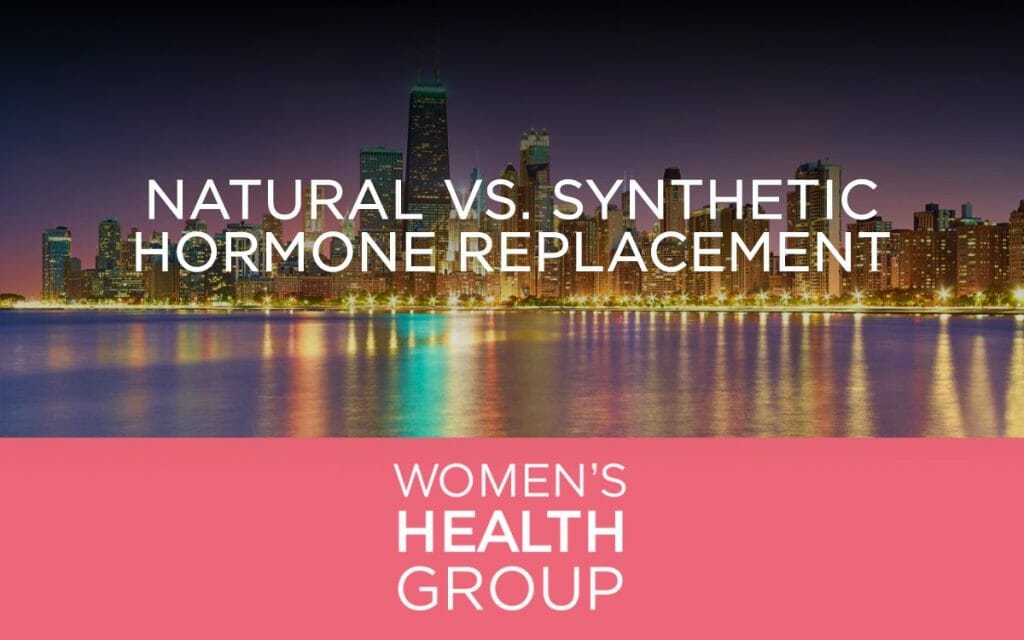Hormone Replacement Therapy in Women’s Health
As part of the Woman’s Health Group’s commitment in Chicago, Illinois, we explore the often complex and personal topic of hormone replacement therapy. A field that is continuously developing, with numerous options for patients to consider. We aim to provide an informative guide on the options available, focusing on natural and synthetic hormone replacement types, to empower women to make the best choices for their health.
The Pillars of Hormone Replacement Types
In understanding potential therapies, it is essential to first comprehend the types of hormone replacements available. The main categories include:
- Natural or Bio-Identical Hormone Replacement Therapy (BHRT)
- Synthetic Hormone Replacement Therapy (SHRT)
While these treatments may seem similar, they contrast significantly in terms of their composition, effects, risks, and benefits.
Natural Hormone Replacement Therapy
Natural hormone replacement therapy, BHRT in particular, refers to the use of hormones that are identical at a molecular level to those naturally produced by the body. These can often include estrogen, progesterone, and sometimes testosterone.
The Benefits of Natural Hormone Replacement Therapy
BHRT is often preferred by some due to its natural derivation. The benefits include:
- They are custom-compounded, meaning the doses can be tailored to a woman’s individual needs.
- Lower risks of complications such as blood clots or stroke, as suggested by some studies.
- Fewer side-effects, since the body recognizes these hormones and metabolizes them as it would its own.
For more information on the benefits of BHRT, refer to this Mayo Clinic’s resource.
Drawbacks to Consider in Natural Hormone Replacement Therapy
While BHRT offers multiple advantages, there are a few considerations one must keep in mind:
- Quality control might not be as rigorous as with synthetic substitutes since they are often compounded in smaller batches.
- FDA approval is often lacking due to the personalized nature of these treatments, causing some doctors to hesitate in recommending them.
- Consistency in dosing can be challenging to maintain due to the sourcing and production process.
Synthetic Hormone Replacement Therapy
On the other hand, Synthetic Hormone Replacement Therapy consists of chemically created hormones or hormone-like drugs. These are not naturally occurring and differ at the molecular level from human hormones. Commonly used synthetic hormones include conjugated equine estrogens and medroxyprogesterone acetate.
The Benefits of Synthetic Hormone Replacement Therapy
The advantages of SHRT can be crucial for some women navigating menopause:
- Synthetic hormones can effectively alleviate menopausal symptoms such as hot flashes and vaginal dryness.
- SHRT significantly decreases the risk of osteoporosis and may reduce colorectal cancer risk.
- Due to their mass production, synthetic hormones provide more consistent dosing and regulated quality control.
Drawbacks in Synthetic Hormone Replacement Therapy
However, these benefits come with potential downsides:
- Some studies have linked synthetic hormones with an increased risk of breast cancer and heart disease.
- Women using synthetic hormones often report more side effects due to the body’s reaction to these “foreign” substances.
- The one-size-fits-all approach to dosing may not suit all women, especially those with sensitive or reactive systems.
For more detailed content about risks, head over to the Women’s Health government site guide.
Our Perspective in Women’s Health Group
Ultimately, the decision between natural and synthetic forms of hormone replacement therapy should be made on an individual basis. Each woman’s needs, health history, and current status play a vital role in determining the preferred treatment plan. Both treatments have their nuances, and it’s essential to consult with an obstetrician-gynecologist to ascertain the right path.
Concluding Thoughts
Empowered with information and understanding, we hope that each woman can make informed decisions about her health and well-being. Women’s Health Group in Chicago, Illinois supports every woman in her journey through the various stages of life and is ready to help navigate the complexities of hormone replacement therapy. Remember, your health is your wealth, and each step taken towards better understanding is a step towards greater health and happiness.




